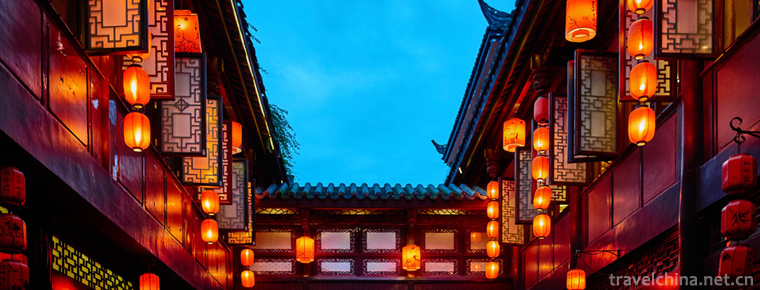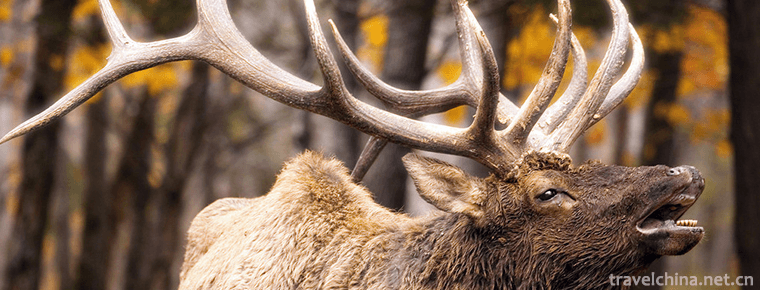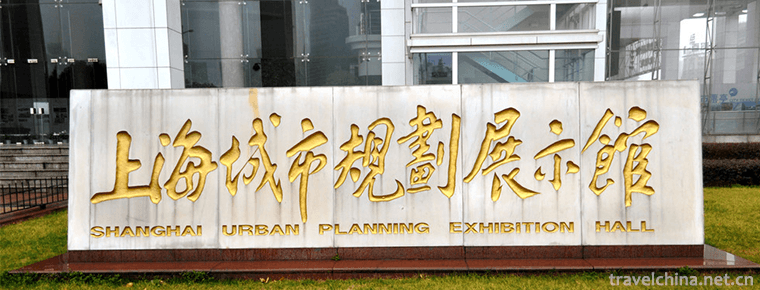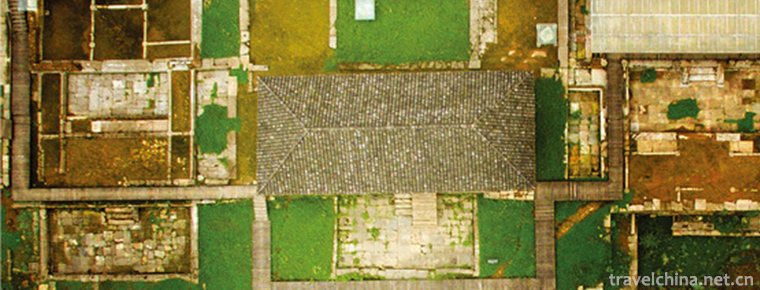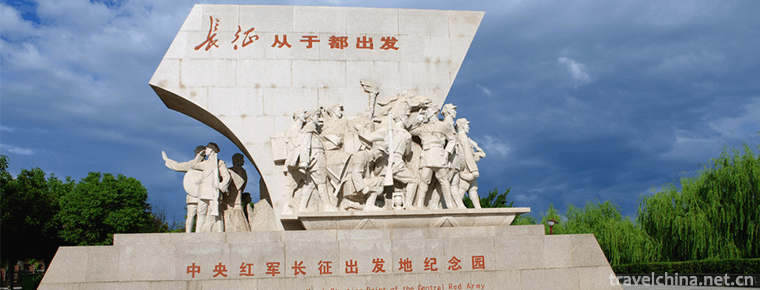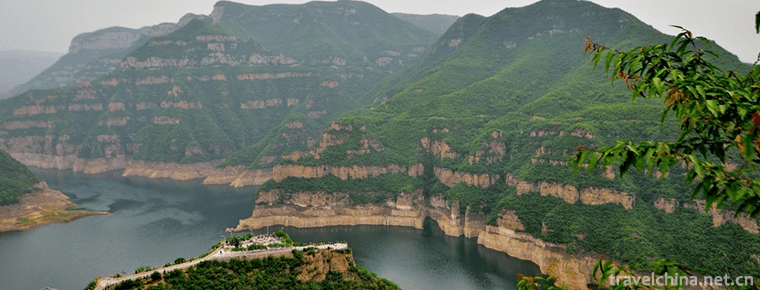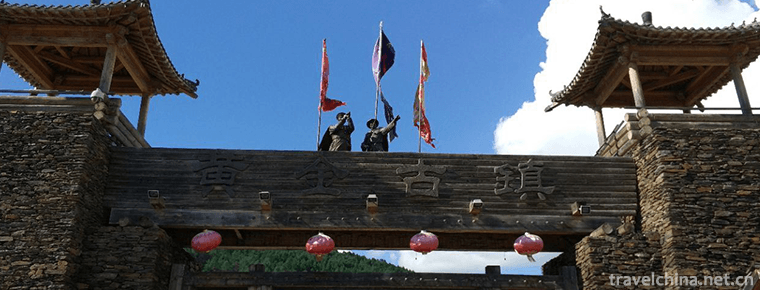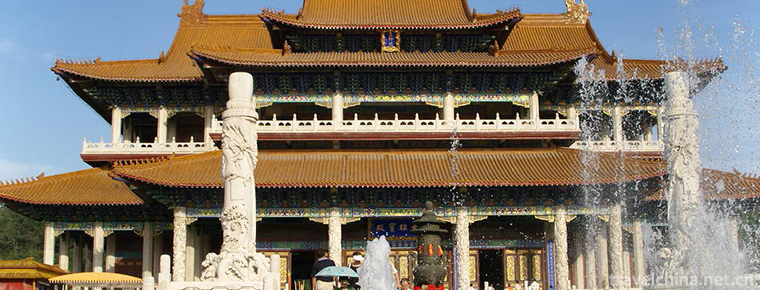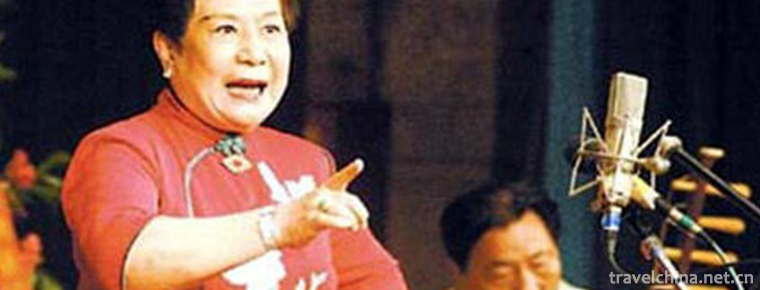Yangxin Tea Picking Opera
Yangxin Tea Picking Opera
Yangxin Tea-picking Opera is one of the excellent traditional operas popular in Yangxin County, Hubei Province, which is gradually formed on the basis of tea-picking songs.
In May 2011, Gao'an City, Jiangxi Province, Linchuan District, Fuzhou City, Shaoguan City, Guangdong Province declared that tea-picking operas (Gao'an tea-picking opera, Fuzhou tea-picking opera, northern Guangdong tea-picking opera) were listed in the third batch of national intangible cultural heritage list with the approval of the State Council.
historical origin
Yangxin Tea-picking Opera is a traditional opera with strong characteristics popular in Yangxin County, Hubei Province. Its music is composed of three parts: the main tune, the color tune and the percussion music. The main tune includes the North tune, the Han tune, the sigh tune and the four equal tunes. It belongs to the structure of the plate tune. It has beautiful tune and great plasticity. It is the main tune of Yangxin Tea Picking Opera music. Apart from the main tune, the colour tune is also an important part of the opera music. For example, many local traditional folk songs, such as lantern songs, folk songs, field songs, colorful tunes with strong local flavor, as well as love songs of Tao, Yugu and various traditional folk customs, are inexhaustible and inexhaustible creative materials in Yangxin tea-picking opera music.
Yangxin Tea Picking Opera reproduces the joys, sorrows and miseries of the working people through theatrical performances. At the same time, it also reflects the working people's life interest, marriage and love, moral and ethical, optimistic and upward humanistic customs.
In 2008, Yangxin Tea Picking Opera was listed on the national intangible cultural heritage list, and was praised as a "camellia flower blooming alone in southeastern Hubei". As a well-known cultural brand in Yangxin County, it has irreplaceable cultural value.
Since the Yuan Dynasty, the custom of picking tea has been spreading all over the country. In the Sanqu works of the Yuan Dynasty, there are singing songs of picking tea songs, which have been circulated among the people all the time. However, the types of picking tea operas were mainly formed in the Ming and Qing Dynasties.
South of Yangxin Fuhe River, such as Longgang, Yanggang, Maple Forest, Paishi, Wooden Harbor and other places, hilly and rolling, stretching, rich in tea. According to Xingguozhou Chronicle and Yangxin County Chronicle, Yangxin was listed as one of the 12 famous tea producing areas in the Song Dynasty, with an annual output of about 295,000 jin. It can be seen that Yangxin has a long history of tea cultivation and a large yield. Every March in Yangchun, tender tea is green. Girls gather in groups. Tea trees are green and green. Tea-picking songs are produced when men and women sing in the evergreen bushes.
During the reign of Kangxi in the Qing Dynasty, Yangxin was a major town with mountains, lakes, fertile fields and abundant products. This abundant economic condition promoted the development of tea culture. Folk songs and minors were abundant during this period. Traditional folk art forms such as "Song of Lighting", "Drought Boat", "Lotus Boat" and "Single Drum" also appeared one after another.
Especially on the fifteenth day of the first lunar month every year, Yangxin prevails "playing with lanterns". People who play with lanterns integrate tea-picking songs and field gongs and drums into traditional folk minor scene singing. The performance takes the form of a man acting as a lady, another man acting as a clown, and another two people riding paper and horse to play a round court. The performer only needs a square table and several benches, which is almost free from environmental restrictions. Its characteristics are "gong and drum accompaniment, voice help tune", a person singing to the public and, the rhythm is bright, the atmosphere is strong. If performed on the stage, the band still occupies the center of the stage. The roles of Sheng, Dan, Jing, Du and Ugly are all played by men. This form is called "Flower Lantern Tune". "Flower lantern tune" is the early embryonic form of Yangxin tea picking opera.
After Huangmei Tea Picking Opera was introduced into Yangxin, it was combined with the local lantern tune, and through the continuous efforts and development of many generations of folk artists, it gradually formed Yangxin Tea Picking Opera. Li Jiagao believes that Yangxin Tea Picking Opera and Huangmei Tea Picking Opera are sister operas of the same clan and close relatives. They are mainly spread in Tongshan of Hubei Province, south of Yangxin Fuhe River, and Wuning, Ruichang and De'an of northern Jiangxi Province.
Yangxin Tea Picking Opera was first put on the stage in the mid-Qing Dynasty. So far, more than one hundred tea picking operas have been preserved among the people in the late Qing Dynasty.
"Ancient stage". At that time, some of the "flower lantern operas" which had been widely circulated in these ancient theatres, such as "Godmother and Son", "Yang Qilang", "New Year" and so on, were the initial prototype of Yangxin tea picking opera. In 1964, an expert group headed by Professor Yang Kuangmin of Hubei Conservatory of Music formally decided to form Yangxin Tea Picking Opera by systematically digging and sorting out and adding silk string accompaniment. Yangxin Tea Collection Theatre Troupe was set up for the first time in Yangxin County. So far, Yangxin County Tea Collection Theatre Troupe is also the only professional Tea Collection Theatre Troupe in Hubei Province.
From the perspective of folk cultural relics, Yangxin Tea-picking Opera is known as "thirty-two copies, seventy-two miniatures". In fact, there are more than one hundred existing plays, of which more than fifty are major ones and fifty or sixty are minor ones. Most of them are legendary themes and folk life stories.
Classic repertoire
Yangxin Tea Picking Opera has more than 100 traditional plays. Tea-picking opera music consists of three major parts: the main tune, the color tune and the percussion music. The main tune includes the northern tune, the Han tune, the sigh tune and the four equal tunes. This kind of acoustic cavity belongs to a plate-type variant, with beautiful melody, great plasticity and strong expressive force. Colorful tunes include more than 40 interludes in special minor. The small plays mainly composed of colorful tunes carry songs and dances, perform simple and unrestrained actions, and have strong feelings. Use dialect singing, voice help tune. In the past 45 years since its establishment, Yangxin Tea Collection Theatre Troupe has rehearsed a large number of excellent plays, including "Running the King to Kill His Family", "Zhang Helplessly Pick up Seals", "Three Aunts Exit the Palace", "A Cloud in the Mountain", "Dreaming Boat" and so on, which have won provincial awards. At the same time, a number of excellent national-level writers, composers, directors and actors have emerged, including Yu Changxun, the first-level national writer, Li Jiagao, the second-level director Xing Tinglai, the second-level composer Xiao Xinyao, the second-level actors Xiang Donggui, Cui Xiaoniu, Ke Chunlian, and so on. Cheng Guohua, Baiying, Fei Lijun, Wan Happy and a number of other well-known actors, deeply loved by the local people. For many years, on the basis of inheriting the tradition, professional literary and artistic workers have constantly reformed and innovated, making this "camellia flower" rooted in the mountainous areas of southeastern Hubei more colorful and fragrant.
1. In 1974, Comrade Mao watched the selection of plain battle and Rhododendron Hill, the transplanted repertoire of tea-picking opera.
Selected TV shows.
2. In 1976, General Wang Ping and Guan Guangfu, Secretary of the Provincial Party Committee, watched the tea-picking opera Song of the Gardener. After the performance, he went on stage to meet the actors cordially.
3. In 1982, he won the first prize and the second prize for the performance of creative plays in Hubei Province.
4. In 1987, Ke Chunlian and Cheng Guohua, the main actors in the transplanted drama "Loft Club", won the third prize for young actors in the competition of young actors in Hubei Province.
5. In 1989, Zhang Helplessly Picked up Seals won the Excellent Performance Award of Hubei Province.
6. In 1992, Sangu Exit Palace won the first prize for composing plays, the second prize for leading actors and the third prize for directing and orchestrating in Hubei Province.
7. In 1995, the modern drama "A cloud in the mountains" was awarded the second prize for composing new plays in Hubei Province, and Fei Lijun was awarded the second prize for acting.
8. The Dreamboat, which was created and performed in 2003, won various awards at the Hubei New Drama Exhibition, and participated in the 8th China Art Festival Exhibition in 2006.
9. In 2007, CCTV Channel 7 broadcasted Yangxin tea-picking opera "Three Aunts Exit the Palace" and "Dreaming Boat" in the column "Country World".
10. In 2008, Folk Opera "Three Turns Back" and "Mother and Daughter's Club" won the Excellent Performance Award in the First Art Festival of Hubei Province. Among them, Fei Lijun, the character in the play, won the second prize for actors and Ke Chunlian, the third prize for actors.
11. In the 8th Peony Flower Award Competition of Hubei Province in 2009, Fei Lijun and Bai Ying, the two leading actors in "Three Turns", "Pressure to Rest", "Lou Tai Hui", "Snow Zhong Xing" performed by our group, won the 8th Peony Flower Award of Hubei Province.
Current situation of inheritance
Yangxin tea-picking opera has been widely spread in the local area. Musical tunes of tea-picking opera can be heard in streets, alleys, shade shelters, square communities, and even fields. During the festival, clan ceremony, ancestral hall completion, temple fairs and various celebrations, red-and-white wedding ceremonies and other ritual activities, inviting theatre troupes to sing tea-picking opera has become a local custom in Yangxin countryside. As a solemn ceremonial activity, in order to make the event grand and grand, the village head took the lead in apportioning funds among the households. While singing the grand opera, firecrackers and fireworks were set off in the middle of the ceremony to show enthusiasm. The most significant thing is that in order to show the clan is a big state of etiquette, in the middle of the performance, a group of young labourers, while setting off firecrackers, carrying the whole pig, sheep, chicken and duck, apples, cans and other condolences on stage and delivered a speech. People call it "night stand".
Inheritance Significance
Through this activity, the strength and unity of the clan are highlighted. It fully reflects the working people's honest, warm and hospitable moral sentiment.
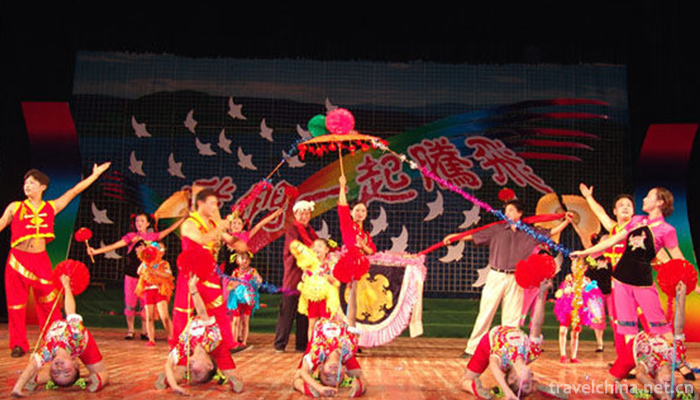
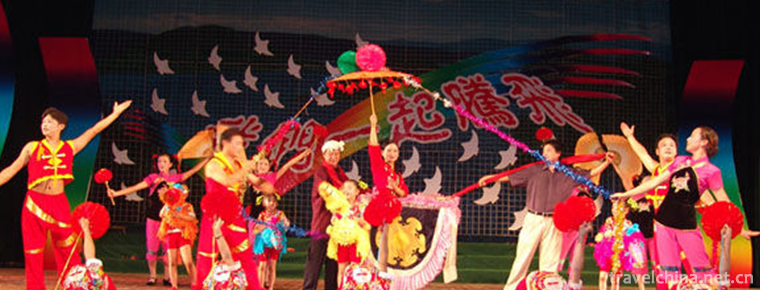
Yangxin Tea Picking Opera
-
Jinli Street
Address:No. 231, Wuhou Temple street, Chengdu, Sichuan,China
Views: 160 Time 2018-09-29 -
Chinese Elk Garden Scenic Spot
Jiangsu Dafeng Elk National Nature Reserve is located in the Yellow Sea coast, with a total area of 78,000 hectares, including 2668 hectares in the core area
Views: 177 Time 2018-12-06 -
Shanghai Urban Planning Exhibition Hall
The Shanghai Urban Planning Exhibition Hall was completed in early 2000 and opened to the public on February 25, 2000. As an important window for Shanghai's external publicity, Shanghai
Views: 150 Time 2018-12-19 -
Hailongtun Site
Hailongtun is located on the top of Longyan Mountain, about 28 kilometers northwest of Zunyi City, Guizhou Province. It is also called Hailongdun, Longyantun and Longyantun.
Views: 188 Time 2019-01-13 -
Hongjundu Xiwudang Mountain Scenic Area
Hongjundu Xiwudang Mountain Scenic Area is the starting point of the Long March of the Four Red Armies, the memorial site of the Campaign of Strong Crossing Jialingjiang River, the national patriotic
Views: 93 Time 2019-01-16 -
Scenic Spots of the Three Gorges of the Yellow River
The Three Gorges Scenic Area of the Yellow River, the national AAAA-level tourist attraction, the home of Chinese dinosaurs, painted pottery, flowers and Nuo culture.
Views: 172 Time 2019-01-18 -
Taipinggou Golden Town
The scenic spot of Taipinggou Gold Town is based on the history of gold mining in Taipinggou in late Qing Dynasty. It deeply excavates the historical culture and characteristic tourism resources
Views: 462 Time 2019-01-18 -
Jade Buddha Garden
Yufo Garden is a famous tourist attraction in Anshan. It is located in the core scenic area of Yufo Mountain. It covers an area of 270,000 square meters. It is surrounded by mountains on three sides a
Views: 120 Time 2019-03-06 -
Changzhou comb
Comb, also known as Chlamys, is one of the eight hairdresses in ancient China. It is a local traditional handicraft with a long history in Changzhou City, Jiangsu Province.
Views: 296 Time 2019-04-16 -
Xihe Dagu
Xihe Drum is a form of drum script and drum music in northern China. It is one of the traditional quyiqu. It is widespread in Hebei Province and in the surrounding areas of Henan, Shandong, Beijing, T
Views: 136 Time 2019-06-30 -
Thanksgiving tower
Baoen tower is located in Baoen tower Cultural Square, Jiangyang District, Luzhou City, Sichuan Province, commonly known as Luzhou white tower. It is one of the cultural relics under key protection in Luzhou city. Its unique "white pagoda dawn" is one of the "Eight Sights of Luzhou".
Views: 152 Time 2020-10-15 -
Warm tips for Chengdu Giant Panda Base
Giant pandas live in dense bamboo forests at an altitude of 2600-3500 meters. The annual temperature is lower than 20 ℃ and likes cold and afraid of heat. When the weather is cool, the giant panda will carry out activities in the outdoor playground. When the outdoor
Views: 192 Time 2020-12-13
